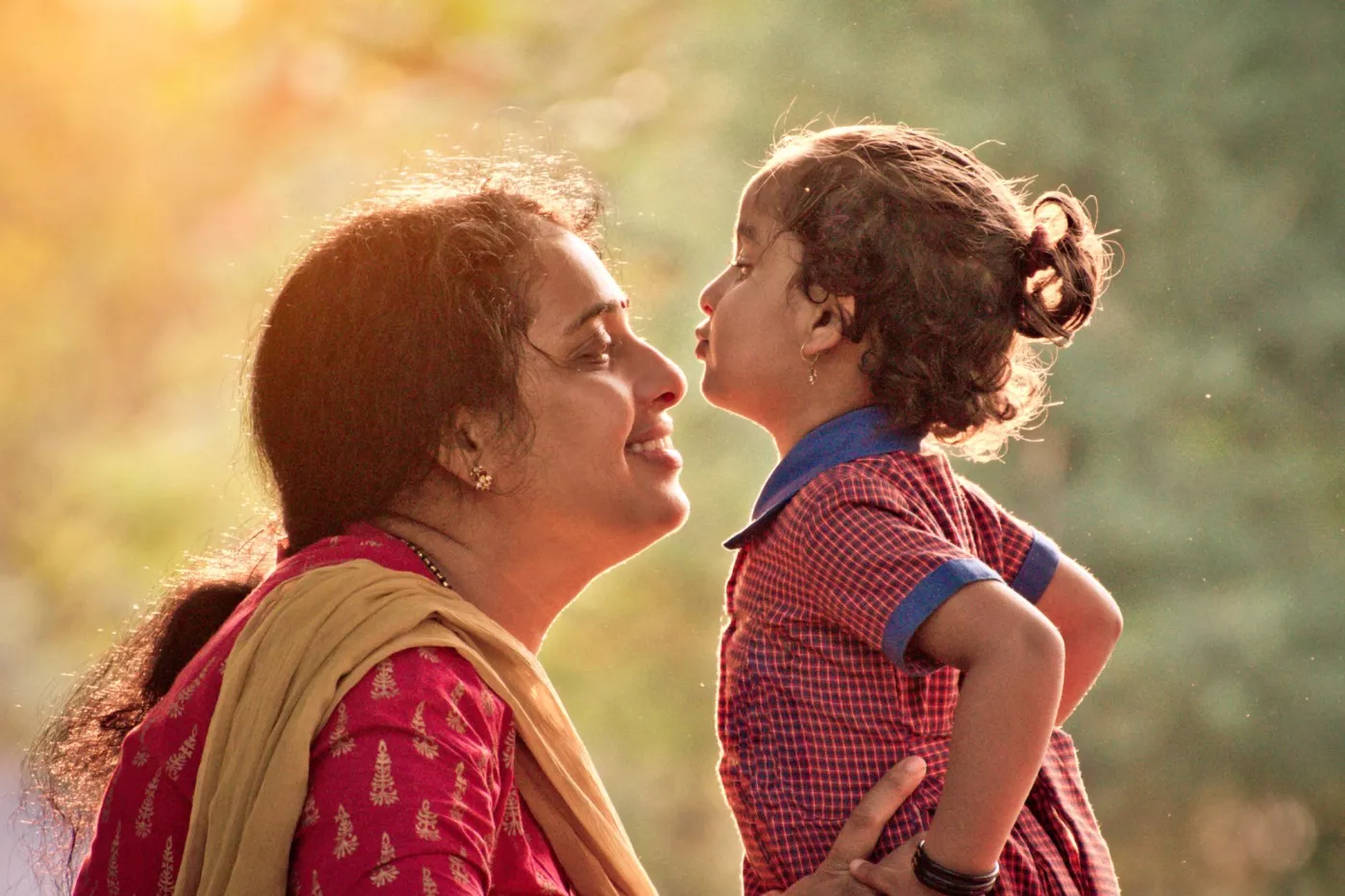Tradition and challenges of dowries in South Asian culture
The giving of a dowry is a centuries-old tradition. While the origin of the custom is not clear, dowry records date back to around 2300 BC in ancient Babylon.
A dowry can be defined as a payment of money, goods or property, typically given from the bride’s family to the groom in an arranged marriage. Although dowries have been prohibited under the Dowry Prohibition Act in India since 1961, the practice is still commonplace amongst South Asian families, both in the subcontinent and across Western countries, such as the UK. While there is no law against dowries in the UK, actions associated with it such as coercion, abuse and financial exploitation are crimes.
The evolution of dowries
The custom of dowries began as a gift-giving tradition, providing inheritance to the bride or offering her security. This has since evolved from a gesture of kindness into a monetary transaction. McCarthy states that ‘the practice morphed into a system that encourages the dominance of husbands’, keeping women from achieving financial independence and reinforcing gender inequality.
The value of the dowry may be seen as equating to the woman’s worth, although there are arguments against this viewpoint, with the dowry not being payment for the woman’s hand in marriage but a cultural practice. While there is a difference between dowry giving and ‘bride price’ – a payment by the groom to the bride’s family – both are actions which can be degrading for women and can result in negative consequences.
Dowries and violence towards women
The Advocates for Human Rights highlight the violence women face when the demands for continued payments or more gifts are not met.
Aruna, Founder of the Asian Single Parents Network CIC, experienced this violence firsthand in the form of coercive control. During their honeymoon, her husband expressed displeasure as he told her that her parents did not buy them a house or a car. Aruna’s arranged marriage came to an end when her in-laws evicted her due to dissatisfaction with her dowry. This experience emphasises that dowry-related violence may not only be initiated by the groom himself but also by his family.
Dowries can cause family disputes, and demands for more money or goods can lead to women being bullied, controlled and physically attacked. The violence faced by women because of dowries can sadly result in death. As of 2014, the number of dowry deaths recorded worldwide was around 14,000 with the number rising every year. Unless action is taken to address this behaviour, the violence will only continue.
Attitudes towards dowries
Research into the impact of education on South Asian women’s participation in cultural practices shows that ‘educational background made a significant difference to respondents’ views on dowries’, with highly educated South Asian women from East London being critical towards the tradition. Bhopal found that the women who have been educated are ‘no longer adhering to the strict codes of submissive behaviour which are applied to South Asian women’.
Attitudes towards dowries are changing as generations become more educated and South Asian women gain independence. However, the giving of a dowry is a custom that is deeply ingrained in South Asian culture, and it is unlikely to cease anytime soon due to the varying beliefs and experiences of South Asians across different countries. The violence towards women caused by dowry demands, as well as the dominance of the groom and his family, certainly highlights the need to reflect on the obsolescence of this tradition.
Sources
Source 1
Source 2
Dowry and Bride Price (2024) https://www.encyclopedia.com/social-sciences/applied-and-social-sciences-magazines/dowry-and-bride-price
Source 3
Dowry Prohibition Act (2024) https://www.britannica.com/event/Dowry-Prohibition-Act
Source 4
Dowry-Related Violence (2019) https://www.stopvaw.org/dowry-related_violence
Source 5
Family Dynamics in Arranged Marriages and the Law (2023) https://aspnetwork.org.uk/family-dynamics-in-arranged-marriages-and-the-law/
Source 6
Islamic Marriage and the English Legal System (2023) https://thebarristergroup.co.uk/blog/islamic-marriage-and-the-english-legal-system-mahr-dower#:~:text=English%20law%20makes%20no%20specific,dowries%2Fwedding%20gifts%20following%20divorce.
Source 7
Shunned, beaten, burnt, raped: The dowry violence that shames Britain (2014) https://www.independent.co.uk/news/uk/crime/shunned-beaten-burnt-raped-the-dowry-violence-that-shames-britain-9803009.html
Source 8
South Asian Women in East London (2000) https://library.fes.de/libalt/journals/swetsfulltext/7379568.pdf
Source 9
9 Reasons Why Dowries Are Horrible for Women (2017) https://www.globalcitizen.org/en/content/8-reasons-dowries-are-bad-for-women/
Read More
-3.webp)
In this episode, Kate was joined by Joe & Kate Sharp, two amicable customers, to share their divorce story.
-1.webp)
Sonia is a mum of two, who offers relationship and divorce coaching, following her own experience of divorce.
-2.webp)
In this episode, Kate is joined by Coach and Author Ali Mortimer to discuss navigating difficult moments in relationships and how finding joy can help in this journey.

Start your amicable divorce journey
Speak to an amicable Divorce Specialist to understand your options and next steps for untying the knot, amicably.
Your guide to a kinder divorce
What if divorce didn’t have to be a battle?
In amicable divorce, Kate Daly offers compassionate, practical guidance to help you separate in a kinder, better way. Whether you’re just beginning, working through the practicalities or adjusting to co-parenting, this book meets you exactly where you are - and helps you move forward with confidence.
Pre-order on Amazon today






Comments (0)